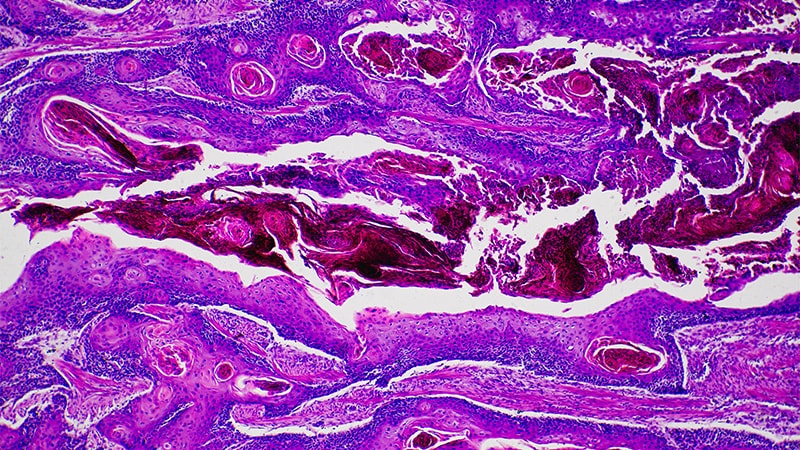An analysis of data from the British Society for Rheumatology Biologics Registry for Rheumatoid Arthritis has identified predictors of sustained remission with anti-tumour necrosis factor (TNF) treatment in rheumatoid arthritis (RA).
The research, led by the University of Bristol, investigated the frequency and predictors of sustained 28-joint Disease Activity Score remission and low disease activity (LDA) in patients receiving anti-TNF therapy and changes in responses over a 12-year period.
Overall, 2144 (14.9%) achieved sustained remission and 3802 (26.3%) achieved LDA.
Positive predictors of sustained remission/LDA included adalimumab (vs etanercept), greater patient global assessment, never- and ex-smoker status (vs current smoking), greater swollen joint count, more recent commencement of anti-TNF and methotrexate (MTX) co-prescription. However, co-prescription of MTX was not associated with an increased likelihood of achieving sustained remission or LDA in the analysis of more recent anti-TNF responses.
Negative predictors of sustained remission and LDA included poor baseline functional status, female sex, older age at initiation of anti-TNF, infliximab use (vs etanercept), increasing body mass index and greater baseline erythrocyte sedimentation rate.
Increasing tender joint count was negatively associated with sustained LDA only. The overall proportion of patients achieving sustained remission and LDA increased significantly over time.
The authors say the findings “challenge assumptions about the treatment of RA patients with anti-TNF”.
The study is published in Rheumatology.



